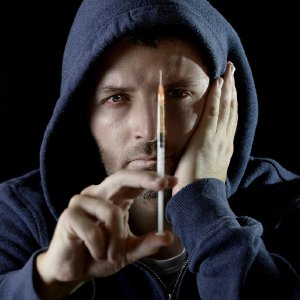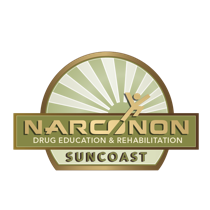Warning Signs Addiction Is Taking Hold

Confronting a person when suspicion of drug or alcohol abuse arises is usually a pretty daunting task. How does a person know for sure if their loved one has a problem with addiction? Now that I have separated myself from a life as an addict while also remembering how I acted when I was using, there are a few telltale signs I have picked up both from personal experience and from observing the experiences of others. These signs can be subtle or more obvious depending on where a person is at in their addiction, but the signs are always there, whether they are obvious or further under the surface.
One thing to keep in mind that I truly believe is that an addict always knows when they have a problem. That doesn’t mean they care to admit it or that they like others to tell them they have a problem, but they know. The reality is that most of the time an addict will say everything is good and that they don’t want help when in truth they will say these things because everything they are saying and doing is driven by addiction. Often it takes pulling the addiction away for the addict to find the willingness inside of them to get clean.
The first red flag that comes to mind is why confronting a person is so daunting in the first place. The hard truth is that if a person has nothing to hide, what is there to get defensive and confrontational about? As an addict, I was pretty good at manipulating situations to protect my addiction. I was a very difficult person to confront when I was using as I would always deflect it back on the person asking the questions. I used words to carve like a knife and being defensive about somebody asking me if I was using was an understatement. I would go in for the kill, and my belligerence and belittlement of the other person was nothing more than a front to deflect attention away from me. Whether it was my parents, a girlfriend, or a friend, I did my best to make them all fearful of confronting me on anything regarding drugs or my well-being. I rarely meant anything I said, but that didn’t stop them from taking my words to heart and avoiding the topic at all costs.
Today I’m as approachable as can be on the subject. If anybody wants to ask me how I’m doing or how I’m feeling, I’m more than happy to give them an honest and straight answer because I have nothing to hide. Point being, if you don’t feel like you can approach your loved one regarding alcohol or drug use, the reason for that is probably not a good one—and that is a pretty big warning sign that things aren’t going well.
Another sign that immediately comes to mind is a person’s physical well-being. Loss of appetite, frequently feeling tired or ill for no apparent reason, rapid weight loss or gain, heavy bags under the eyes, poor hygiene, the list goes on. Drug addiction comes with a cost, and while the occasional colds and stomach bugs happen, these things tend to happen far more frequently when a person needs a cover-up for why they aren’t feeling well, or they appear abnormally bad. Going back to being approachable, if a person has a valid reason for being ill or tired, they probably won’t snap at you for asking a caring question. Again, when a person has something to hide, they become very confrontational and deflective.
One more warning sign I will mention is a sudden change in a person’s personality. Different drugs have different effects, so whether a person becomes more withdrawn or more outgoing depends on the person and the substance. The point is that drugs change behaviors and when addiction takes hold, these new behaviors often become the rule and not the exception when a person is under the influence. Sharp changes in mood will become noticeable depending on whether a person is high or not, and the stability in a person all but vanishes.
The best advice I can give anybody involved with drug addiction, whether it’s the addict or the loved ones of an addict, is to catch it now and do something about it before it inevitably gets worse with continued use. If you or anybody you know is seeking help, please reach out.
Justin P.—Narconon Suncoast Graduate


